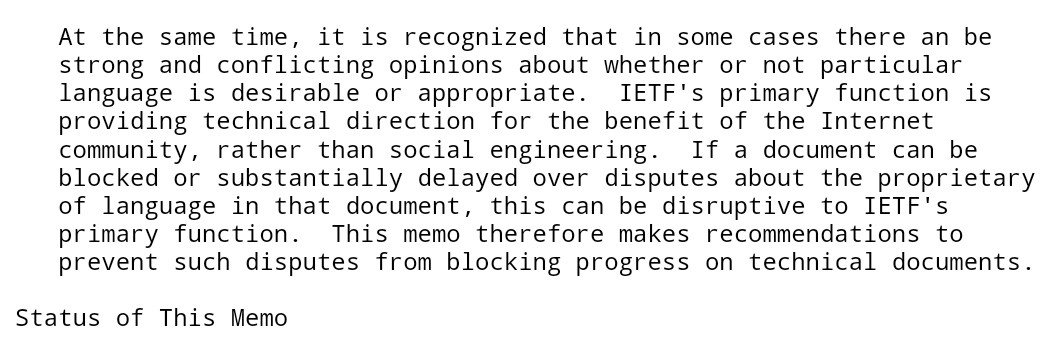.@WestworldHBO makes an excellent (STS) point about artificial intelligence and autonomous systems: it's not the technology that is scary, what is scary is technology says about us.
#power #AutonomousWeapons #racism #classism
#power #AutonomousWeapons #racism #classism
Luckily this also creates space for reflexivity, in the way art, literature and science can help us understand ourselves and our societies.
'We shape our tools and thereafter our tools shape us'.
'We shape our tools and thereafter our tools shape us'.
.@WestworldHBO also clearly reiterates that we should not fall into the trap of technological determinism, but that doesn't mean that technology doesn't have its own materiality.
'Technology is a very human activity - and so is the history of technology.'
'Technology is a very human activity - and so is the history of technology.'
Our fears about technology are maybe a projection of other fears we have: lack of agency in a complex world, rising power of opaque transnational companies, diminishing trust in govts to protect us, our inability to stop contributing to these cycles that hurt us (b/c of comfort).
Technology cannot hide or alleviate the basic premises of the human condition: we are alone and we are weak. The only way to overcome this is meaningfully and emphatically engage with each other - which is really hard.
#deliberation #contestation #collaboration
#deliberation #contestation #collaboration
Technology makes collaborating, organizing and communicating quicker - but not necessarily deeper because time is a crucial component in building ties, trust and understanding (as pointed out by @zeynep).
This is where we can have a discussion about technology and what we think it should look like. Currently the Internet is largely shaped by companies - but it doesn't need to be that way. In the end it is the public space in which we perform our lives. We can (re-)shape it.
Which doesn't mean it's easy to get it right, but we don't need to wait for companies or governments to fix it for us; they cannot do that without us.
We need to reclaim technology as a conversation and an experimentation ground.
We need to reclaim technology as a conversation and an experimentation ground.
One of the main characteristics of technology is that is allows us to change our environment, and thus provide a new ordering - this is what makes technology inherently political.
That is why with every technology we need to ask: who controls it, and what change does it affect?
That is why with every technology we need to ask: who controls it, and what change does it affect?
Another way to ask that question is: who gains something with the use of this technology, and who loses something? How does this affect power relations? What vision of people and society does this imprint and/or strengthen?
This often is a hard question to ask because technology has many layers, and many actors who can produce, use, abuse and influence it. To make it even harder: technologies interact and change over time.
But because it is hard, doesn't mean we should not do it!
But because it is hard, doesn't mean we should not do it!
• • •
Missing some Tweet in this thread? You can try to
force a refresh









